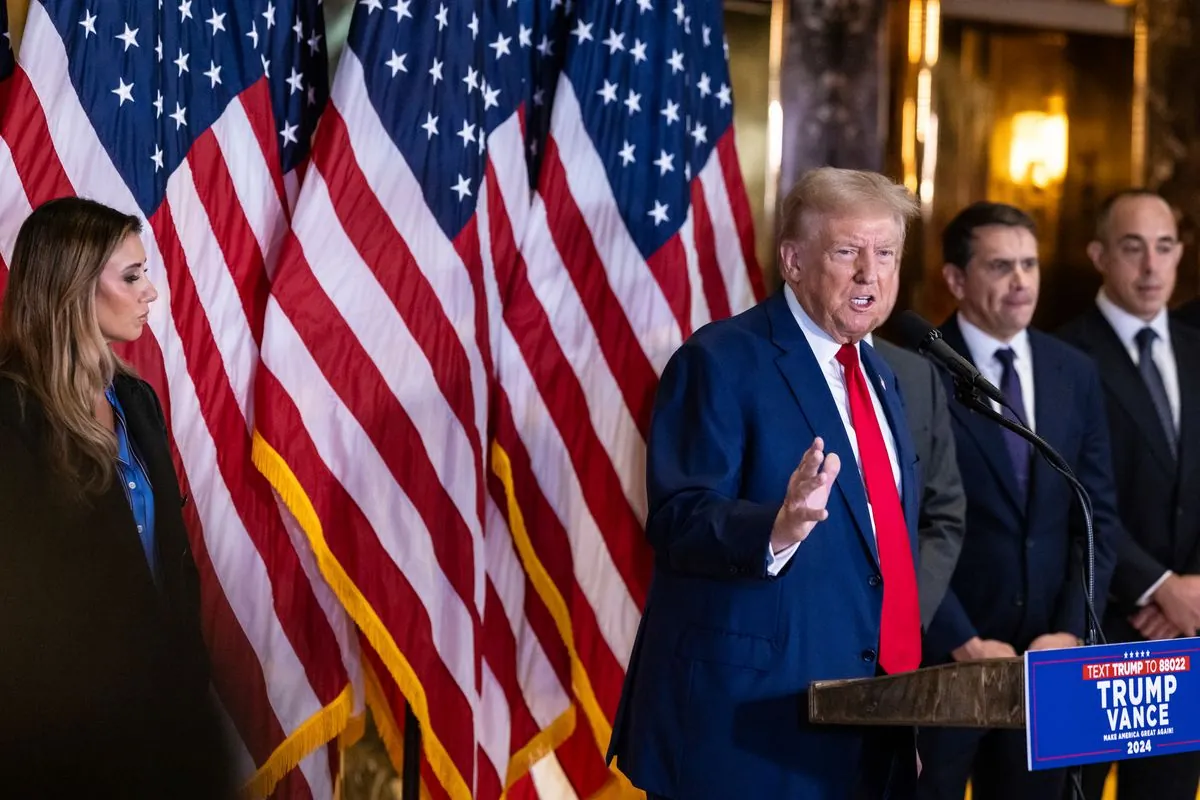Georgia Tech, a prominent U.S. research institution, has announced the termination of its educational and research partnerships in Tianjin and Shenzhen, China. This decision, made on September 6, 2024, comes in response to increased scrutiny from Congress regarding the university's collaboration with entities allegedly connected to China's military.
The move follows a letter sent by the House of Representatives' select committee on China in May 2023, requesting details about Georgia Tech's research with Tianjin University on advanced semiconductor technologies. Tianjin University and its affiliates were added to the U.S. Commerce Department's export restrictions list in 2020 due to concerns over national security, including allegations of trade secret theft and research collaboration that could benefit China's military.
Abbigail Tumpey, a spokesperson for Georgia Tech, stated that the university had been evaluating its position in China since Tianjin University's inclusion on the entity list. She explained, "Tianjin University has had ample time to address the situation. As it remains on the Entity List, Georgia Tech's involvement with Tianjin University, and consequently the Georgia Tech Shenzhen Institute (GTSI), is no longer viable."
The decision impacts approximately 300 students currently enrolled in programs at the Shenzhen institute. Georgia Tech has assured that these students will have the opportunity to complete their degree requirements.
This development highlights the growing tensions between academic collaboration and national security concerns. The U.S. and China, as the world's two largest economies and technological rivals, both consider semiconductors a strategic industry with significant civilian and military applications, including quantum computing and advanced weapons systems.
In January 2024, Georgia Tech had announced a breakthrough in semiconductor technology, creating the world's first functional semiconductor made from graphene. This achievement, resulting from collaboration between researchers in Atlanta and the Tianjin International Center for Nanoparticles and Nanosystems, was hailed as a potential "paradigm shift" in electronics.
The congressional inquiry noted that the Tianjin research center is affiliated with a Chinese company whose subsidiaries supply China's People's Liberation Army (PLA). However, a Georgia Tech scientist leading the Tianjin project defended the research, stating that all results were publicly available and the collaboration had undergone extensive legal reviews.
U.S. Representative Virginia Foxx, Republican chairwoman of the House Committee on Education and the Workforce, commented on the university's decision: "It shouldn't have taken a congressional investigation to prompt Georgia Tech to end its partnership with a blacklisted Chinese entity. Nevertheless, we're pleased that Georgia Tech has made the right decision and hope other universities will follow suit."
This incident is part of a broader trend of increased scrutiny by U.S. agencies and Congress on China's state-sponsored influence and technology transfers at American universities. Concerns have been raised that Beijing may be using open and federally funded research environments in the U.S. to circumvent export controls and other national security laws.
The situation also reflects the ongoing debate about balancing national security interests with academic freedom and international scientific collaboration. While measures like the China Initiative, launched in 2018 to combat Chinese espionage and intellectual property theft, have been discontinued due to concerns over racial profiling and chilling effects on research, the challenge of maintaining open academic environments while safeguarding national interests remains a complex issue for U.S. institutions and policymakers.
"It shouldn't have taken a congressional investigation to spur Georgia Tech to end its partnership with a blacklisted Chinese entity. Nonetheless, we're glad that Georgia Tech has made the right call and we hope other universities follow its lead."
As universities navigate these challenges, the Georgia Tech decision may set a precedent for other institutions to reevaluate their international partnerships, particularly those involving sensitive technologies and countries of concern.
